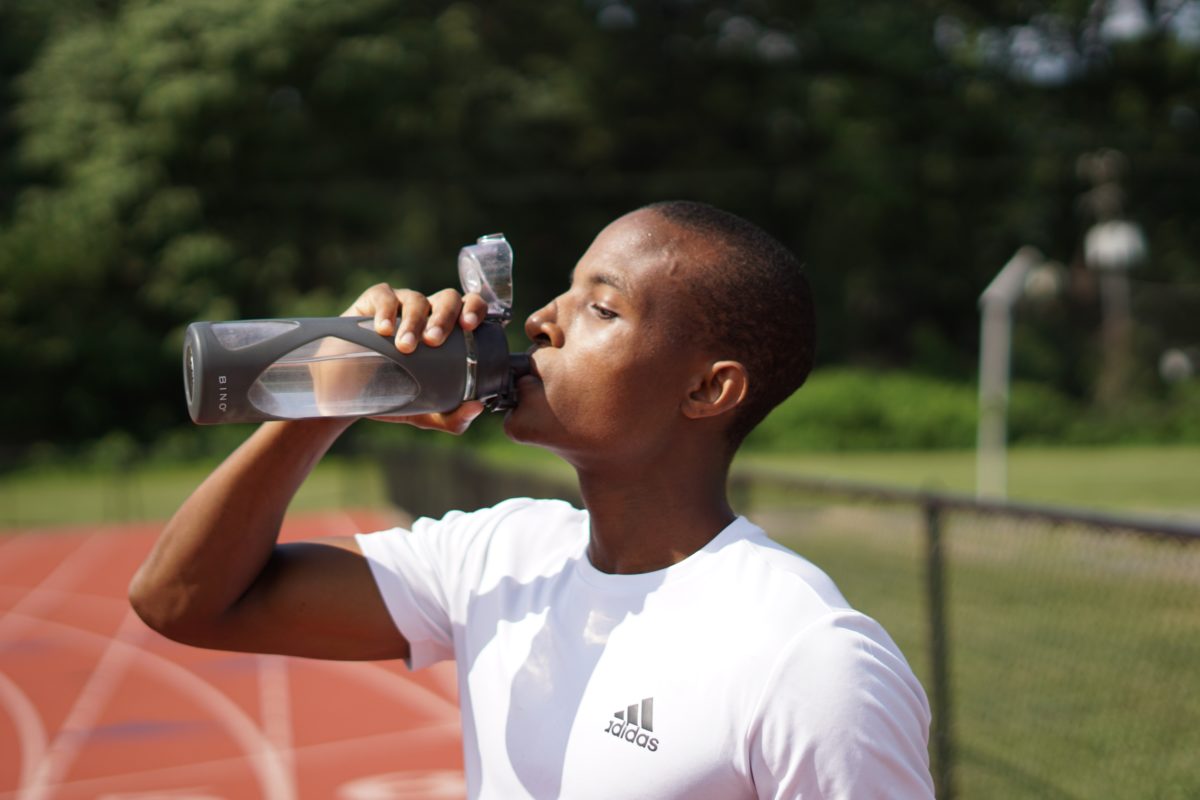Enjoying a delicious ice cream on a hot summer day is undoubtedly a true pleasure. But afterward, the question often arises: how long should I actually run or cycle to burn off the calories of this refreshing treat? In this blog post, we explore this question and look at both running and cycling to give you some insights into the world of calorie burning.









